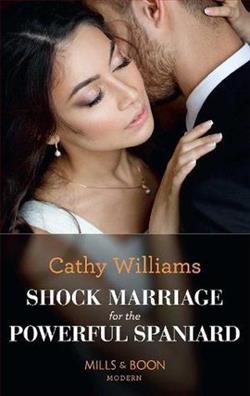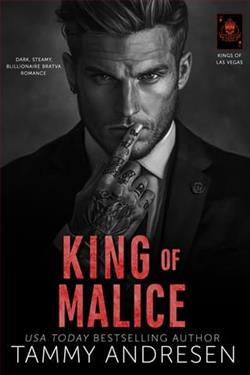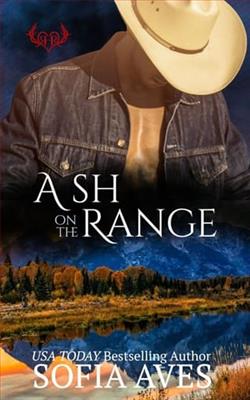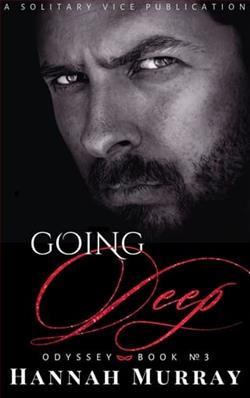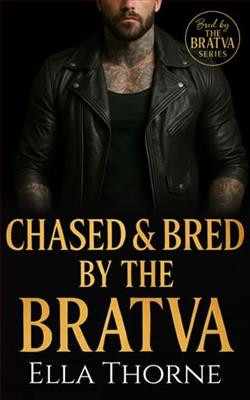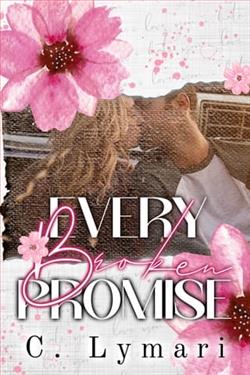Page 12 of The Quest for Excalibur
Much to their delight, Medraut and Amhar were allowed to hunt for the first time, riding off on their ponies like the proud little princes they were. Heads held high, spears clutched tightly in their hands, they’d dressed in their drabbest cloaks to give them some camouflage amongst the grays and browns of the winter forest’s clothing.
Standing just outside the Hall with Coventina and Reaghan, Archfedd and I waved them off. Boden and his junior huntsmen had ridden on ahead on their stocky little garrons, cracking their whips to keep the pack of hungry hounds, all slavering with excitement, under control and with their noses to the ground. With the hounds this hungry, it was to be hoped the farmers down below on the plain had their livestock shut away.
Amhar waved a cheery hand at me as he trotted past, but Medraut didn’t even turn his head. The two boys vanished into the crowd of hunt followers streaming out through the wide-open gates and heading down the hill toward the muddy plain.
“I wish I could go,” Reaghan said, hanging on to her mother’s hand. “It looks such fun.” Both girls could ride astride, as I did. Archfedd had inherited little Seren when Amhar had moved on to a bigger pony, and Reaghan had a pretty little roan, called Melys.
Coventina shook her head. “Hunting’s not for girls.”
“It can be,” I said. “I’ve been, but I didn’t like it. I don’t think you girls would either. The death of a beautiful wild animal isn’t nice to see.” This, and being kidnapped by the late King Melwas on my way back from the hunt, had put me off for life. Not unreasonably.
“I’ve seen the pigs killed,” Reaghan said. “I won’t mind seeing a stag or boar killed.” She scratched her head. “B’cause I like to eat meat, I’d like the chance to hunt for it, as well.”
A logical argument. I glanced at Archfedd.
My daughter shook her head. She’d had the benefit of as many bedtime stories about animals as I could remember from my days as a librarian–The Animals of Farthing Wood,Wind in the Willows,The Jungle Book,Born Freeeven, not that she knew what a lion really looked like. My children had a full set of carved animals for their wooden ark, including animals they were unlikely ever to see, and which, from the inaccuracies of the carvings, the craftsmen had little idea of either, despite me having drawn the animals out on slivers of wood. “I’d like a baby deer as a pet,” she said firmly. “Not to kill and eat.”
Chapter Eight
Before the huntingparty returned that evening, we had visitors.
The sun had emerged from behind the clouds, and halfway through the afternoon I took the girls to the wall-walk to see if we could spot the hunt returning. Happy to be out of doors for once, they ran up and down between the guards on duty, shouting with laughter as they dodged each other around the smiling men’s legs.
Reaghan spotted the visitors first. We were almost at the main gates, where towers rose to a wide wooden gatehouse spanning the entrance. The roadway up from the plain was just visible where it emerged from between the massive embankments that ringed the hilltop. “What’s that?” Peering between the wooden crenellations, she pointed a mittened hand. “That’s not one of our wagons.”
Archfedd squeezed herself in beside her, and I leaned over the top of them. Along the wall and from the crenellations on top of the gate, a row of similarly curious faces peered over at the new arrivals. After a winter with no visitors, any newcomer interested us all.
Lurching up the trackway, still precarious from patches of ice, came a wagon covered with stretched skins that gave it the look of an American pioneer vehicle on its way across the prairie. Two shaggy horses strained under its weight, puffing their cloudy breath into the late afternoon’s still wintry air.
A small, dark man occupied the front seat, a fellow of perhaps early-middle-age with a nose made rosy-red by the cold. He’d wrapped his scrawny body in a long cloak and had a floppy cap jammed down over his head. Mittened hands clutched the horses’ reins tightly.
The wagon ground to a halt a short distance from the gates, which were closed, and one of the guards leaning over the parapet at the top shouted down to the little man. “Who goes there?”
The little man wobbled to his feet on the unsteady front platform of the wagon and doffed his floppy hat with a flourish, revealing his shiny, hair-free and pointy-like-an-egg pate. He made a flamboyant bow, holding the hat out to one side. “Ruan the Rhymer at your service,” he announced in a deep and melodious voice, as though this was a name we should all recognize. “Come to entertain your lordships.”
“Just you?” called the guard, sounding unimpressed. I had to stifle my welling laughter.
“Not at all, milord,” Ruan called back, sitting down again, probably for his own safety, and making the wagon rock. “Ruan does not travel anywhere alone.” He twitched the leather curtain behind him, and two female faces emerged, one about his age, with gray in her untidy dark hair, and the other much younger, with unruly chestnut curls and the sort of face that said,come hither, young man. I’d seen her sort before.
The girl slipped out from behind the curtain and settled on the bench next to Ruan. Considering how cold it still was, she appeared scantily dressed, in a low-cut red gown that barely reached below her knees and short red boots over dark woolen stockings.
She’d draped a simple, woven shawl about her shoulders, but now, with a degree of practised artfulness, let it slip to show the generous curves of her body. With a toss of her head, she gazed up at the guards on the gatehouse, an insolent, but decidedly inviting, look in her wide brown eyes.
When they’d rolled up their tongues from somewhere down by their boots, they managed to get down and open the gate to let the wagon inside. Every wall guard for forty yards each way hurried to watch the Rhymer’s entrance into the fortress.
“If he’s a Rhymer,” Reaghan said, oblivious to the effect the girl was having on the men. “I wonder what stories he’ll tell. New ones we haven’t heard before, I hope.”
I caught the girls’ hands. “Let’s go and find out then, shall we?”
By the time we’d all climbed down the treacherous steps to the mud below, the wagon had creaked its way up the winding road to the top of the slope and come to a halt in front of the stable buildings. Ruan and the girl had climbed down from the seat and were standing on the dirty cobbles looking around themselves as a crowd of interested inhabitants gathered to stare at them.
I joined the crowd, still holding the girls’ hands.
Ruan helped the older woman down from the back of the wagon. She had a wooden pipe in her hand, not unlike the recorder I’d learned to play, badly, at school, and this she promptly put to her lips. Music sprang out of it, twisting into the chilly air, haunting and ethereal, a lot better than anything I’d ever produced.
And yet I couldn’t find it in myself to like it. Why not? We’d had enough performers visit the fortress in the past, but none had made me feel the foreboding that had seized my insides. I was being stupid. I shook myself and watched along with everyone else.
Now without her shawl, and bare armed despite the cold, the girl tossed her head again, no doubt because she knew it to be alluring. In time with the music, she began to gyrate for the crowd in a wild, earthy dance like nothing I’d ever seen before. She stamped her red-booted feet on the cobbles, twirled and pirouetted, letting her arms make shapes in the air almost reminiscent of ballet, but far more animalistic.








